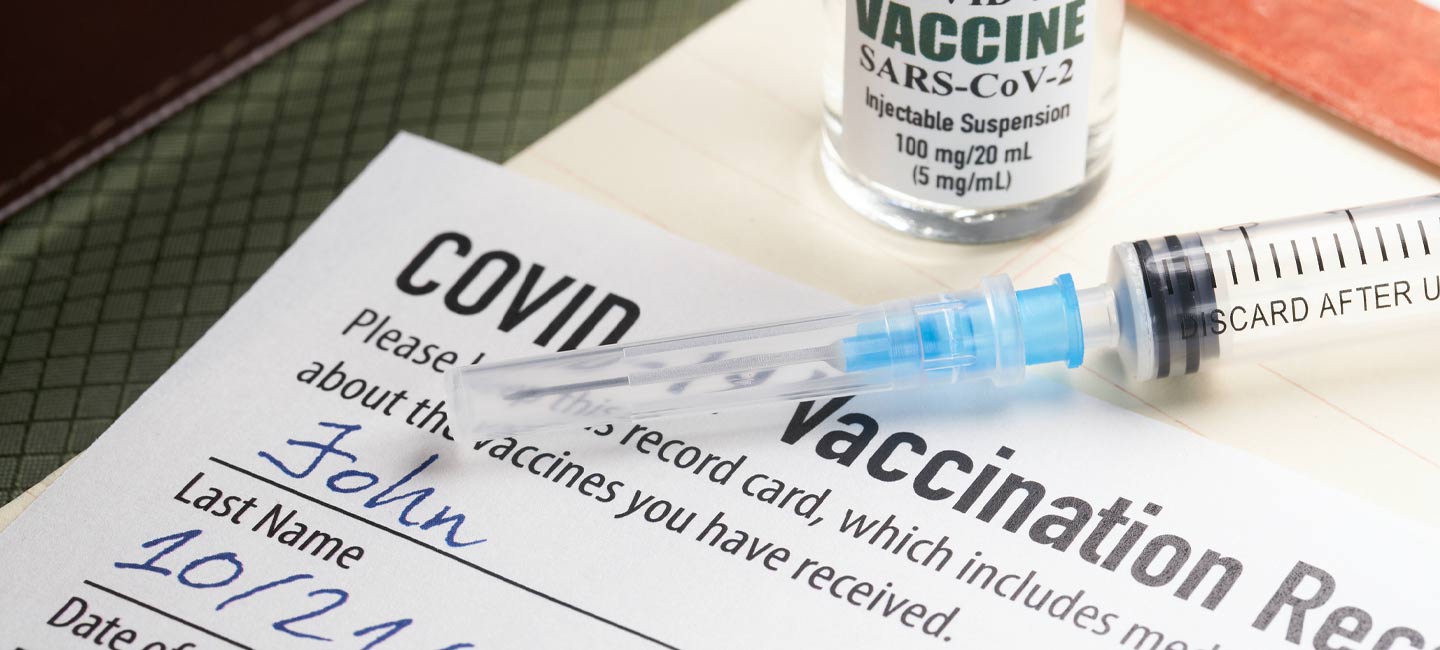Security Experts Warn Against Sharing COVID Vaccine Card Photos
As COVID-19 vaccines have started to make their way into the arms of health care workers and at-risk populations, it’s become increasingly popular for recipients to share photos of their experience on social media. Before you snap a picture of your completed vaccination card, the Better Business Bureau warns that the information on it makes you vulnerable to identity theft and can help scammers create fake versions of the cards.
"Unfortunately, your card has your full name and birthday on it, as well as information about where you got your vaccine," said the BBB in a news release. "If your social media privacy settings aren't set high, you may be giving valuable information away for anyone to use."
According to Hugh Percy, manager of cybersecurity operations at Moffitt Cancer Center, as our society moves to an all-digital way of life, so does thievery.
“In today’s world it’s about getting as much information on you as possible,” Percy said. “The whole point of that is to recreate a ‘digital you.’ Your health records, bank account information, everything.”
Safe Ways to Share Your Vaccine Story
“When you’re taking a picture of your vaccine card, they all have a lot of information on there,” said Percy. “If you have your COVID information online, someone can steal that data and learn a lot about you and use that against you.”
The safest way to protect your personal information is to not share it at all, but if you are inclined to post a photo, there are some steps you can take to protect you from harm.
Percy suggests sharing a photo of your vaccine sticker or setting a frame around your profile picture.
The BBB also suggests checking the security settings on your social media accounts to see what you are sharing and with whom. If you only want friends and family to see your posts, be sure that’s how your privacy settings are configured.
Finally, sharing your vaccine photo is just the latest in a never-ending cycle of social trends. Other viral personal posts, like listing your favorite songs and TV shows can put you at risk. These favorite things are commonly used passwords or security questions. Your birthday is one of the pieces of personal info listed on the card, and according to Percy, is one of the most commonly used pieces of data used in personal passwords.



